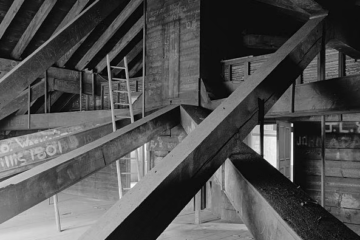CQHA Online Methodology Sessions
Please join the Conference of Quaker Historians and Archivists (CQHA) on three days in June, for a set of virtual sessions foregrounding expanded approaches to the study of Quaker history and culture. Registration for the June sessions is now open. Sessions are free to attend but you must be registered via Eventbrite to access the Zoom details. CQHA’s June sessions have been chosen with a methodological focus in mind. The sessions are scheduled for June 14, 22, and 28, each at 12:30-2:00 pm EDT. They are: Researching Quaker History Read more
